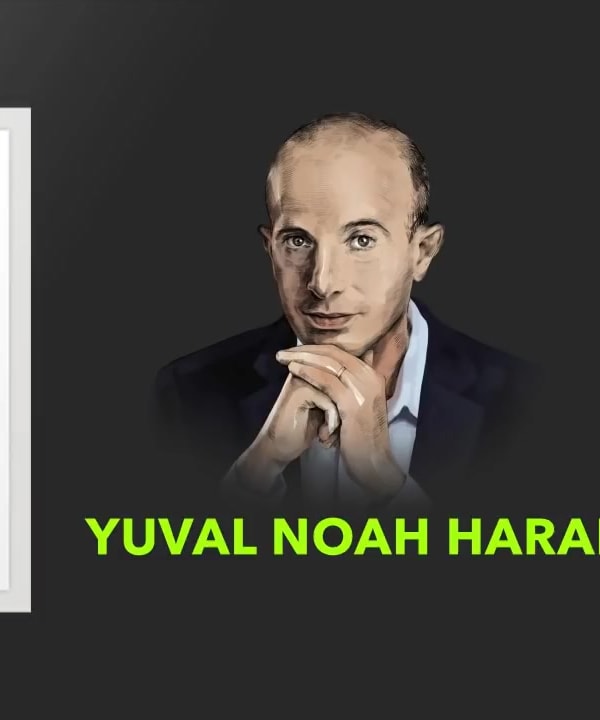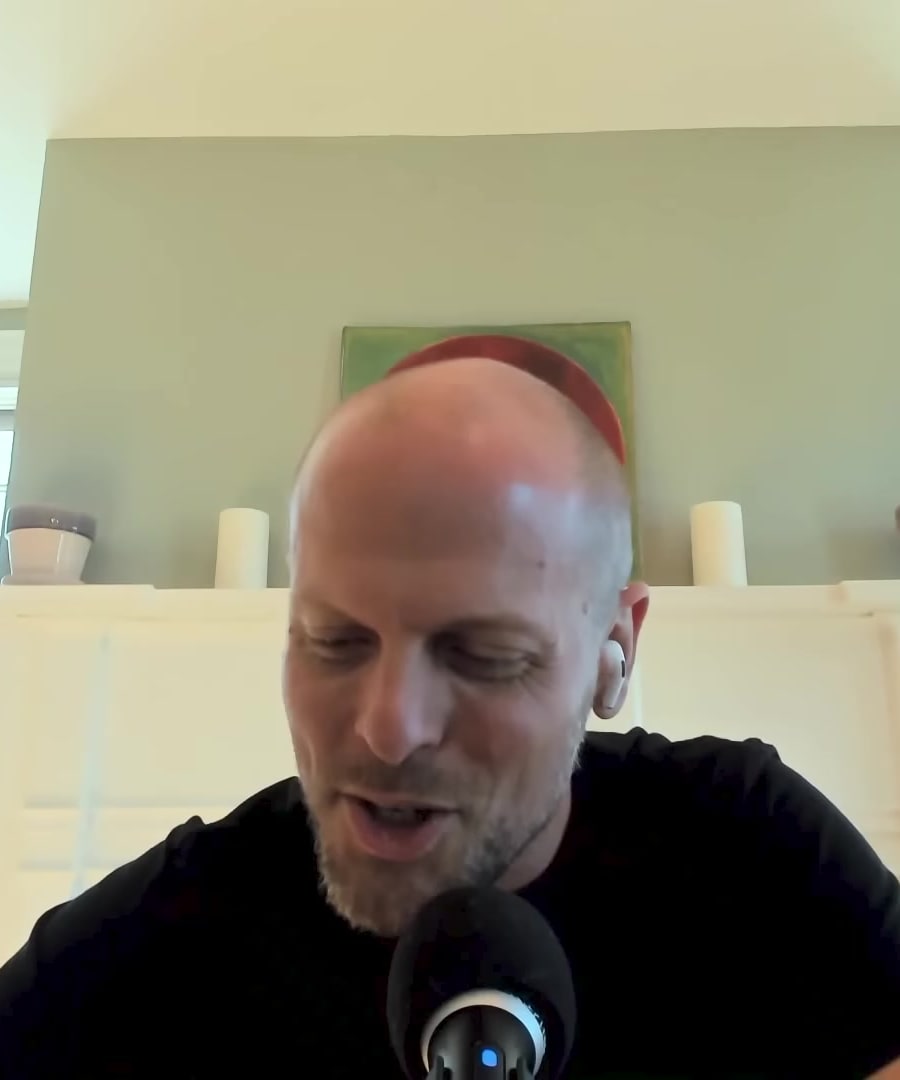What truths exist in historical events?
Sources:
Tim Ferriss discusses the idea that historical events can be interpreted in various ways, influenced by ideological, political, or artistic choices. For example, Yuval Noah Harari points out that historical narratives aren't purely objective; selections made about what to highlight or omit reflect subjective interpretations. He illustrates this with the absence of depictions of family life in Stone Age cave paintings, which challenges modern assumptions about historical family structures1.
Niall Ferguson brings up the philosophy of history, noting that understanding historical causation is essential. He argues that historians use counterfactuals—"what if" questions—to probe the impact of key figures and events. According to Ferguson, this approach underscores the complexity and contingency of historical events, similar to interpreting music: when reconstructing past experiences from available evidence, the historian brings their sensibility to the narrative2.
These discussions suggest that "truths" in historical events are inherently multifaceted and shaped by the perspectives and choices of those recounting them.
RELATED QUESTIONS

